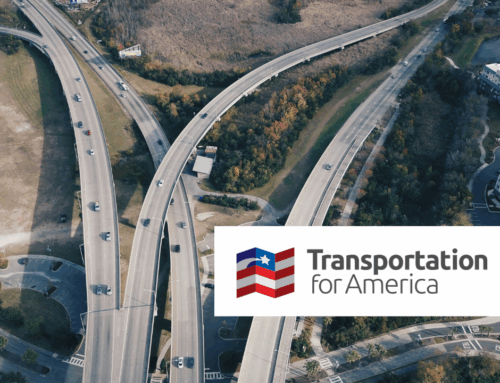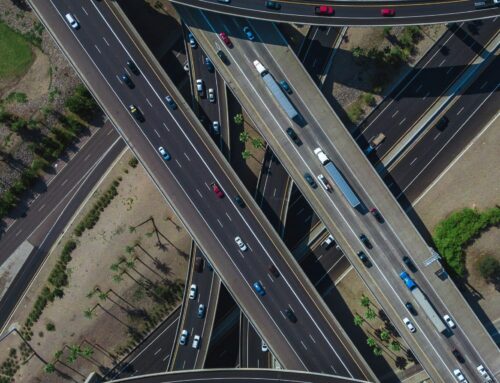The House Banking Committee is poised to advance H.R. 219, the “Homeowner's Insurance Availability Act of 1997,” this week. The basic idea of this legislation is to provide the nation with sound natural disaster insurance. However, simply speaking, H.R. 219 fails!
Various organizations have opposed H.R. 219 for a wide range of reasons. For instance, taxpayer groups oppose H.R. 219 because it could trade natural disaster for a fiscal one. In its current form, H.R. 219 would stick taxpayers with huge bills in the event of a major natural disaster. It would place federal dollars at risk by forcing taxpayers to assume major risks that should remain in the private sector.
It would also establish a new federal Disaster Reinsurance Fund – with an associated bureaucracy – in order to provide state insurance pools with reinsurance. This program would leave the American taxpayer open to enormous losses. In addition, taxpayer-protection provisions in the bill would be inadequate to prevent excess reinsurance contracts from being sold at too low a price.
This bill would effectively make the federal government responsible for the losses of an insurance program over which it has no significant control. As the saving and loans crisis taught us, even such programs under extensive federal regulation can become an economic disaster.
Consumer advocacy groups oppose H.R. 219 because it fails to ensure consumers have access to adequate, affordable insurance protection. It also lacks strong and effective mitigation provisions to reduce the costs of disasters. At a time when the insurance industry's surplus is increasing at a substantial rate and private market mechanisms to fund the risks are developing, any federal program should capitalize on this capacity, not crowd it out.
The legislation would encourage risky development in environmentally sensitive areas – like our nation's coasts. Environmental groups say this would damage coastal habitats and endanger wildlife as well as humans in those regions. H.R. 219 adds to the problem by providing a federal backstop for state run insurance programs that encourage unwise and unsafe development in storm prone regions.
Legislation should not be designed to meet the demands of a certain segment of the insurance industry. Congress should scrap this bill and seize the opportunity to develop an effective, sound natural disaster policy for the nation.
For more information, contact Steve Ellis (202) 546-8500 x 126 or by email.










